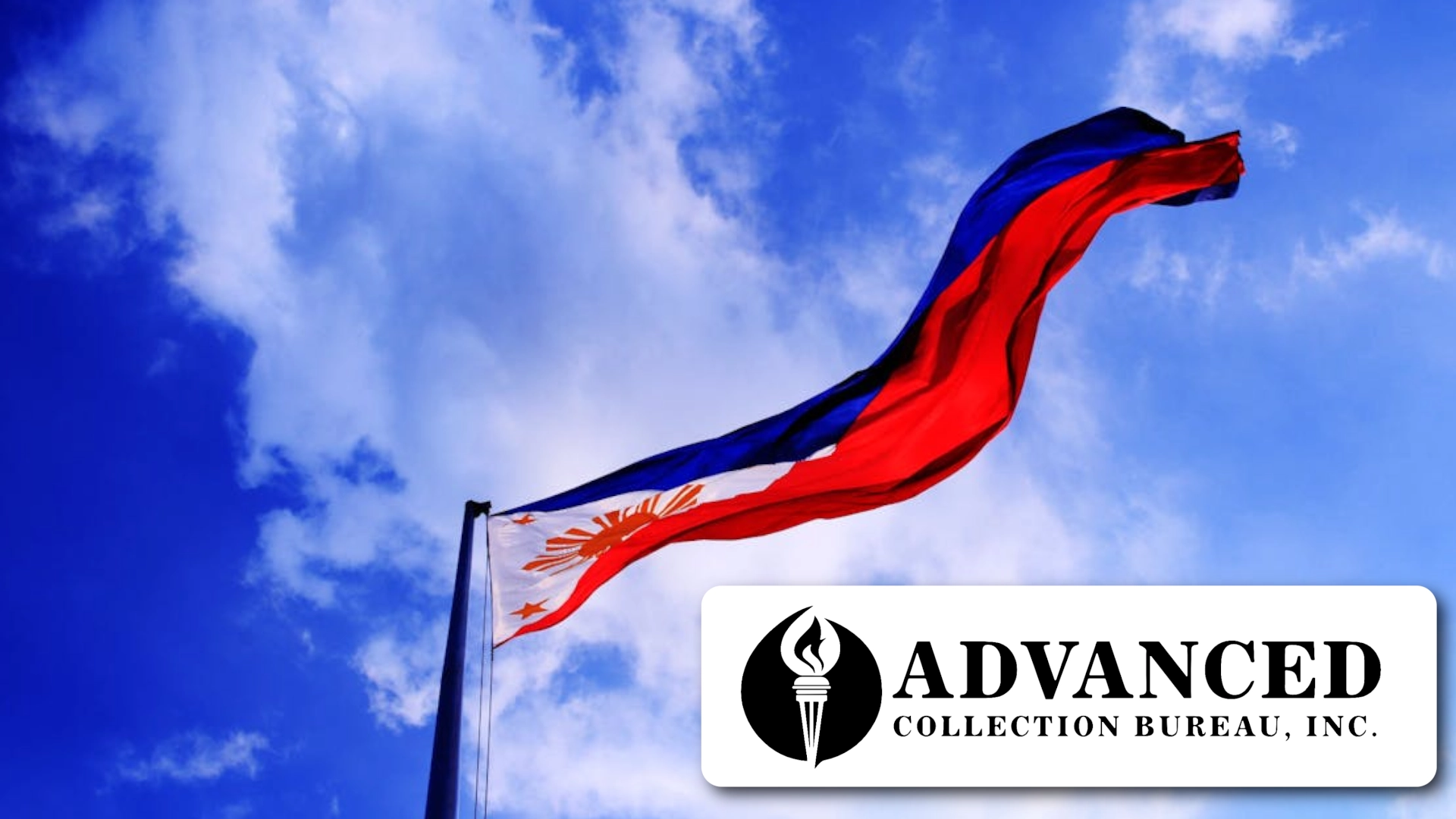Collecting unpaid debts in the Philippines isn’t as straightforward as sending a few follow-up emails or calling a collections agency. Like many countries, the Philippines has its own rules—and those rules can be tricky to navigate if you're used to U.S.-based systems.
Whether you’re a U.S. business trying to collect from a customer in the Philippines, or a global landlord with tenants overseas, this legal overview will help you understand how debt collection works in the Philippines, and what your options are.
Is Debt Collection Legal in the Philippines?
Yes—debt collection is legal in the Philippines, but it is tightly regulated by both civil and criminal laws. Debts are considered private obligations under contract law, and collection efforts must follow strict guidelines to avoid harassment or legal liability.
Unlike in the U.S., there is no specific law equivalent to the Fair Debt Collection Practices Act (FDCPA). However, Philippine laws prohibit abusive collection practices under the country’s Revised Penal Code and various consumer protection laws.
To understand how similar protections work in the U.S., see Debt Collection State Laws You Should Know.
Key Legal Principles to Know
Debt collection in the Philippines generally falls under contract law. This means creditors can enforce payment through civil court action if a debtor fails to fulfill their obligations.
However, debtors cannot be imprisoned for nonpayment. The Philippine Constitution strictly prohibits imprisonment for failure to pay civil debts—a concept rooted in human rights protections.
Still, there are exceptions. If the debt stems from fraud, bouncing checks, or embezzlement, criminal charges may apply under laws such as the Anti-Bouncing Check Law (Batas Pambansa Blg. 22) or the Revised Penal Code.
Handling Collections Without Breaking the Law
Debt collectors in the Philippines must avoid harassment, defamation, or threats. Common violations include:
- Calling a debtor repeatedly or at odd hours
- Posting notices on social media or at their workplace
- Threatening jail time for nonpayment
- Contacting family or friends in a way that publicly exposes the debt
These actions can result in criminal charges for grave threats, unjust vexation, or violations of data privacy laws.
If you’re trying to collect internationally, working with a firm that understands both local culture and law is essential. This is true even for U.S.-based tenants with international ties, especially in high-end or executive rentals.
For more guidance in that area, see How to Handle Rent Recovery for Corporate Housing.
Steps to Collect Debt Legally in the Philippines
Start with a demand letter outlining the balance due, due date, and a warning that legal action may follow. If ignored, the next step is usually filing a complaint in a regional trial court.
Judgments in the Philippines can authorize asset seizure or garnishment, but enforcement is slow and highly procedural. That’s why many businesses prefer to settle before reaching court.
If you’re collecting from someone who has relocated or is avoiding communication, you may benefit from skip tracing—a service offered by U.S.-based firms like Advanced Collection Bureau.
Learn more about this process in How Apartment Debt Collection Works.
Can U.S. Agencies Help with Philippine Collections?
Yes—but only if they understand cross-border law and have partners or affiliates in the Philippines. At ACB, we focus on U.S.-based debt, but we often assist clients who manage tenants or accounts with overseas ties. We also provide referrals to vetted legal partners who specialize in international collections.














